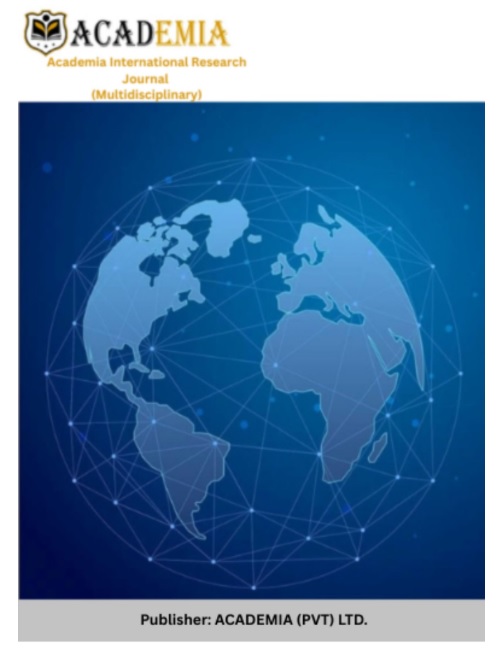Artificial Intelligence in Social Sciences: Ethics, Economy, and Governance
DOI:
https://doi.org/10.63056/airj.1.2.2025.671Keywords:
Artificial Intelligence, social sciences, Ethics, Economy, Governance, Algorithmic Bias, Policy, Social InequalityAbstract
The Artificial Intelligence (AI) is now a paradigm-transferring entity in greater than a unmarried area, and the social sciences aren't exceptions, as it's far dramatically converting the method of research, the machine of governance, the monetary gadget, and the moral paradigm. As algorithms are taking on increasingly of the human interaction, insurance selection, and resource allocation, their presence in social technology opens up deep questions of fairness, responsibility, and inclusivity. The paper explores the interdisciplinary intersection among AI and social sciences, in regards to a few essential domains: ethics, economy, and governance. The article is constructed on theoretical insights and empirical proof that seeks to apprehend how AI-pushed device have an effect on social inequality, financial structures and the way it affects at the formation of public policies. The assessment factors on the opportunities, together with efficiency, predictive knowing, and progressed government, in addition to threats, which includes algorithmic prejudice, surveillance, and displacement of jobs. The article in addition examines case research on international degrees that gift disparities withinside the adoption of AI in advanced and rising areas. Finally, it proposes the regulations of future that are involved with moral designs of AI, equitable monetary integration, and inclusive governance approaches. This interdisciplinary method targets at making the contribution to a greater complete interpretation of results of AI to society and guide sustainable making of policies.
Downloads
Published
Issue
Section
License
Copyright (c) 2025 Dr. Usman Tariq (Author)

This work is licensed under a Creative Commons Attribution 4.0 International License.









